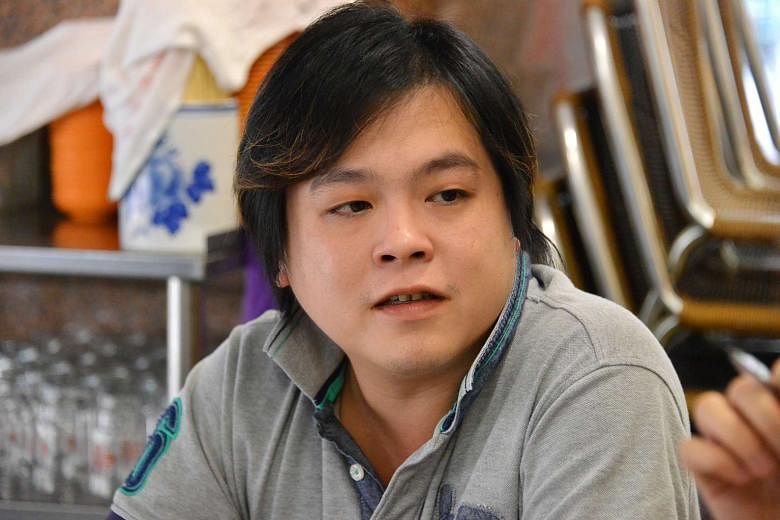When a video of a Vietnamese tourist kneeling and begging a shop assistant for his money went viral in 2014, many people questioned how such a blatant cheating case could happen here.
The tourist had been told to pay an additional $1,500 for the warranty of a $950 iPhone 6 that he had already paid for, or risk losing both the phone and $950.
More than two years on, stronger consumer protection laws are in place to prevent the Jover Chew saga from repeating. Chew, the owner of the mobile phone shop, was jailed last year for cheating.
Changes to the Consumer Protection (Fair Trading) Act, which gives government agency Spring Singapore wide-ranging powers to investigate and take enforcement action against errant retailers, will kick in by next year.
Despite this development, the debate over how far the law can and should protect consumers is expected to continue next year.
-
2016: Notable events
-
California Fitness shuts
After nearly 20 years in Singapore, California Fitness closed all outlets suddenly in July, a week after 12 of its gyms in Hong Kong shut due to debt.
A liquidation report revealed that owner JV Fitness was $21.7 million in the red in January last year. Some 27,000 members are owed $20.8 million in unused gym access and unredeemed training sessions. This makes up most of the $30.8 million which the chain's owner is liable for.
-
Great Singapore Sale
This year, the Great Singapore Sale was extended from eight weeks to 10 weeks and had a new official card, one by Chinese payment firm UnionPay International.
But the attempt to draw Chinese tourists to spend did not quite take off, as retail sales in June, July and August - when the sale was held - fell year on year.
The Singapore Retailers Association said it will discuss the direction of the event with the Singapore Tourism Board.
Melissa Lin
While the new law ensures that errant retailers will no longer be able to secretly close and reopen their shops under a different name to escape detection, another key issue remains: Businesses which collect prepayment and then close down suddenly without fulfilling their contracts can get, and have got, away scot-free.
Under the Companies Act, the shareholders of private limited firms - which most prepayment businesses are - have limited liability and cannot be sued directly for company debts.
The practice of collecting prepayments, which often leads to discounts for consumers, is common across businesses such as travel agencies, beauty parlours, fitness chains and hair salons. The problem is with ailing businesses that continue to collect payments in advance up to the point they shut, often without warning.
The high-profile closure of gym chain California Fitness in July illustrated the dangers, as did the closure of smaller businesses, such as Sky Travel & Tours. The Consumers Association of Singapore (Case) has flagged this as a gap in consumer protection laws.
"We strongly urge the authorities to look into this industry practice of paying for goods or services, sometimes several months before the good is delivered or the service is rendered," said Case executive director Seah Seng Choon.
"We have seen an increase in the number of companies collecting prepayment and closing down abruptly in recent years, and it is clear that there is a problem that needs to be addressed."
It has been pushing for the law to be amended to make it unlawful for firms to collect prepayments without offering consumers some protection in return. The Ministry of Trade and Industry has said that mandating requirements across the board "could impose onerous compliance and administrative costs, which may be passed on to consumers".
So, consumers should take measures to protect themselves.
Case will focus on educating consumers on how to protect themselves against the loss of their prepayment next year, said Mr Seah.
"This could include opting for a 'pay as you use' payment option or patronising businesses that purchase insurance or have escrow arrangements to protect their prepayments," he said. Case will look at extending prepayment protection schemes in other areas too.
Consumers can also sign up for talks by Case. It will hold at least 10 talks a year over the next three years to educate consumers on their rights.


